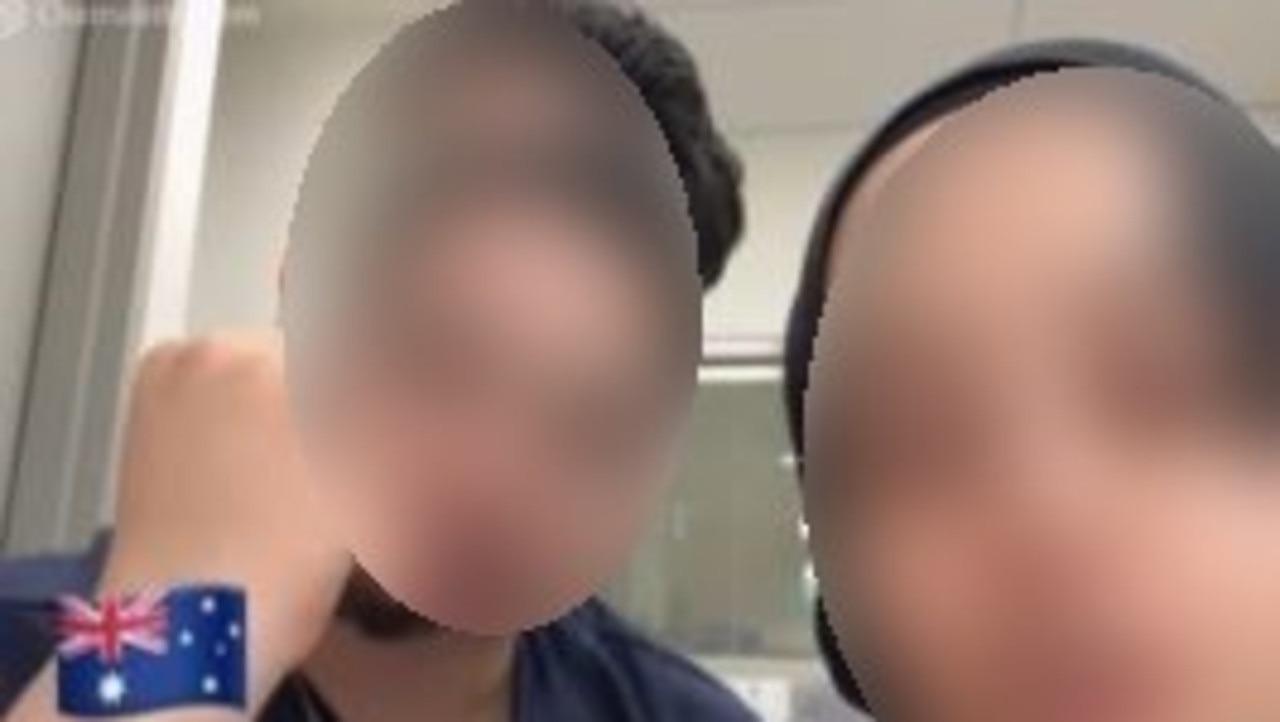‘I thought I was shy – now I know the truth’
Two Aussies have revealed their long battles to finally get an answer to a lifetime of feeling “different”.
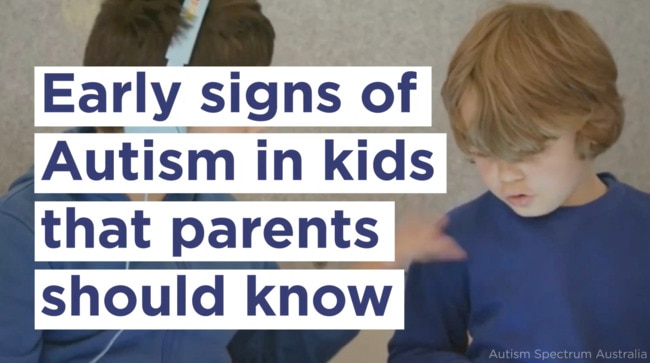
Health
Don't miss out on the headlines from Health. Followed categories will be added to My News.
Years of feeling misunderstood and struggling with their mental health suddenly made sense when two people discovered they were autistic.
Adeline Close, is a 27-year-old actor who uses they/them pronouns and didn’t start going through their diagnosis process until they were in their early 20s.
However, Adeline, who is based in Melbourne, has always known they were different but never understood why.
“I did well in primary school and was a good kid, so adults in my life dismissed any signs thinking I was just a bit shy,” Adeline told news.com.au.
“Now looking back we understand it was selective mutism. Masking is something I have always done, however when I started high school I was desperate to fit in so it became even more of a conscious effort to be the same as everyone else.
“This was when I started struggling with my mental health. I was bullied throughout primary school and high school. I kept to myself a lot, I didn’t really have close friendships as everyone else did, I always tried to make friends but I could never seem to keep them.”
Things became even more noticeable at 16 when Adeline got their first job and learned that much of society thought not making eye contact when speaking was rude – something the then teenager was confused by.
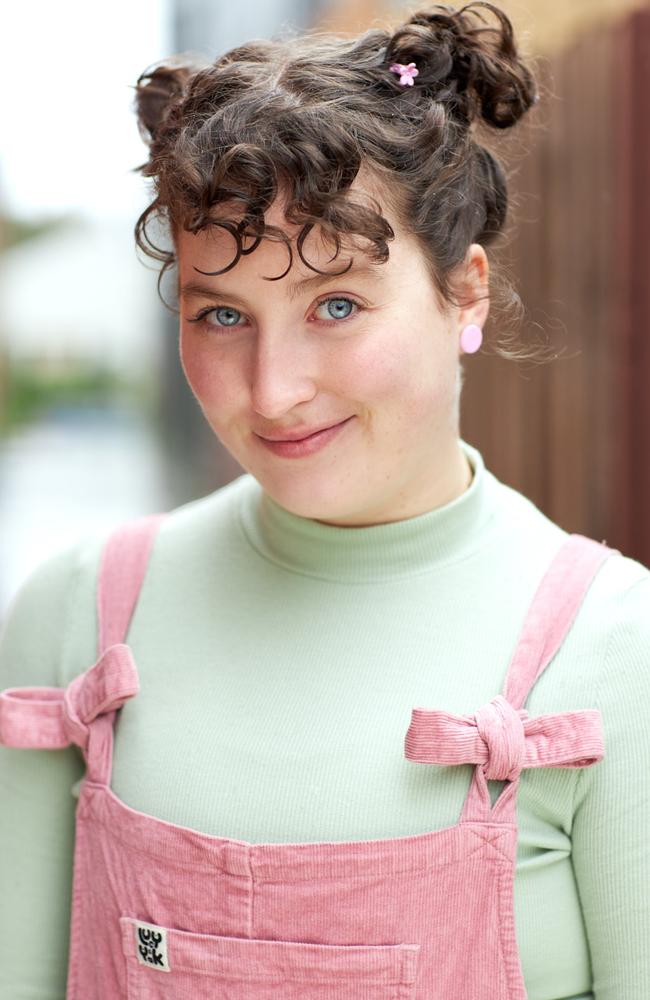
Adeline said a lot of the signs that they had autism were noticeable when it came to socialising and communication, as well as a love of routine and special interests such as dolphins and ancient Egypt.
The actor described their autism as akin to an episode of Bluey called Born Yesterday, where father Bandit pretends he was born yesterday as his daughters Bluey and Bingo show him the world.
At the end of the episode, when the game is over, Bandit sits in the backyard mesmerised by a leaf, taking a new joy in life.
“It’s spectacular moments of autistic joy to complete shutdowns and I can’t imagine my life any other way,” Adeline said.
“I have good days and bad days as anyone does. I spend a lot of my time trying to accommodate my own needs in order to prevent the bad days.”
The past year has been filled with big moments such as moving to Melbourne to study full time and, despite Adeline’s excitement of it, it’s also been difficult.
“Meltdowns, shutdowns and autistic burnout have become more frequent than recent years, after getting used to having my needs met much easier while stuck at home in lockdowns,” Adeline said.
“Things that help me day to day at the moment are having as much routine as I possibly can, wearing comfortable clothes, stimming, engaging in my special interests (at the moment plants and Bluey), and keeping my freezer stocked with my safe foods (dino nuggets and chips).”
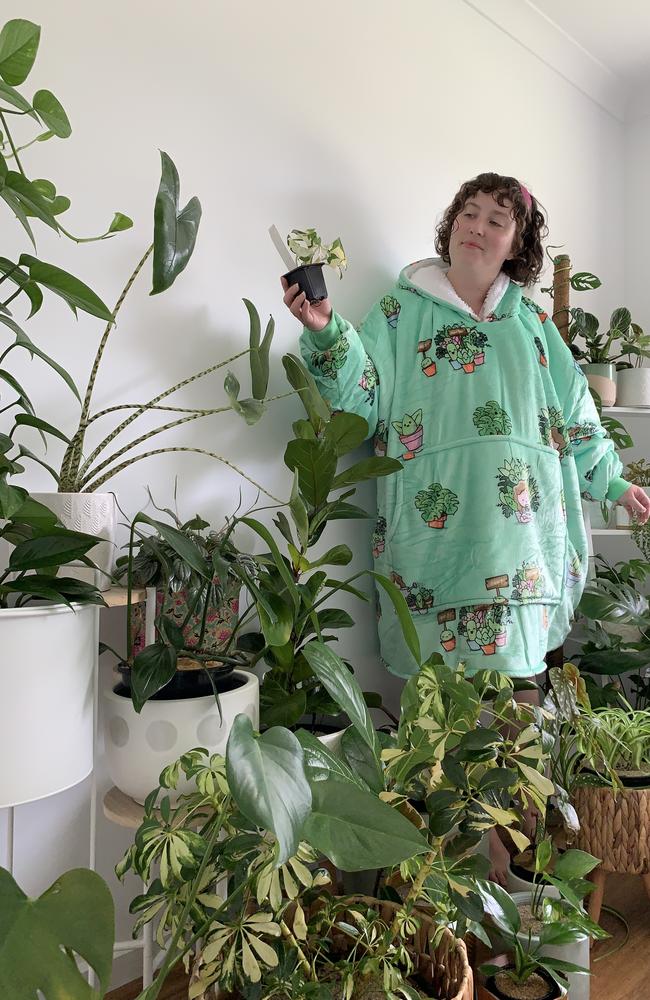
Ani Møller – an executive director turned business transformation consultant and TikTok advocate - revealed how it was a decade long process before being diagnosed as autistic.
It started to become noticable miscommunications between Ani, who uses she/they pronouns, and her staff members colleagues at work, including not picking up on social cues or accidentally coming across rude when speaking – which Ani said was the furthest thing from what they were intending to be.
Ani also experienced hypersensitivity to certain fabrics and found grocery shopping almost impossible without a set of headphones to block out other noises.
Burnout was slowly creeping into Ani’s life, making the smallest tasks at home seem impossible as they focused all their energy on keeping top of everything at work.
It left Ani feeling confused about why she often felt so anxious and why small tasks often felt so difficult but found other areas but found areas – such as their work – where they thrived.
Eventually, at 31, Ani was diagnosed with generalised anxiety, which was frustrating as they knew there was more to it.
“When I was 38, I had a mini meltdown at work, when I was working on a project,” they told news.com.au.
“And the person that I was working with, their wife is autistic, and they said to me ‘you might be autistic’. And I was offended because I had a lot of internalised ableism about being autistic, even though I didn’t even know anything about autism.
“And I went and did an online test and it came back saying ‘you’re not autistic’ because I was masking.”
Masking is the phenomenon where neurodivergent people hide their true feelings and mannerisms in order to blend in with people who are neurotypical.
Ani said their masking was so deep and subconscious that they were even masking to themselves.
Three years after that incident, a friend sent Ani a list of traits in adult autistic women captured by a psychologist in Melbourne.
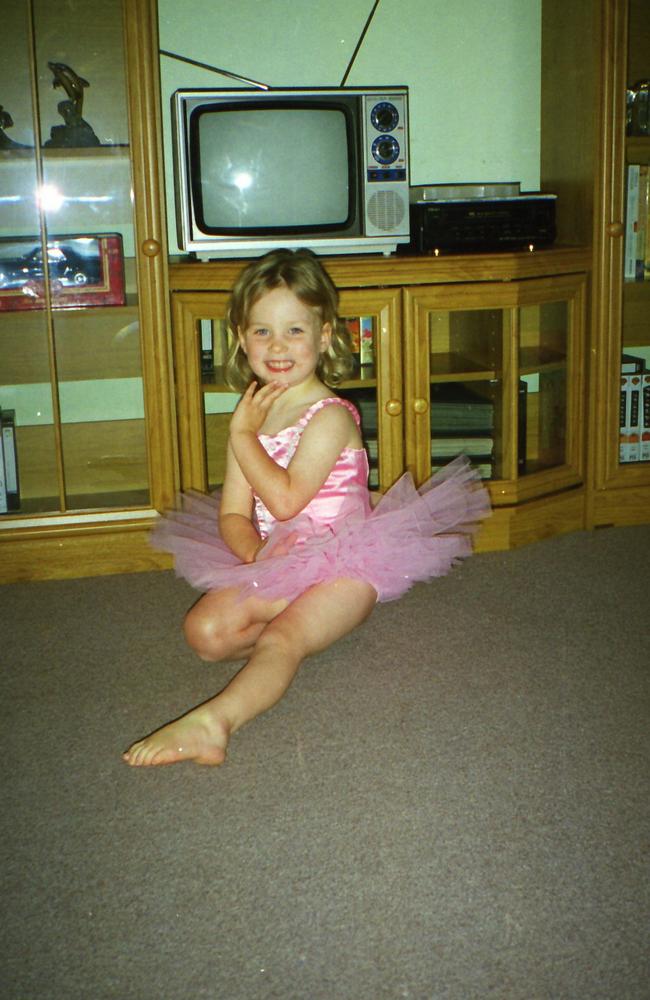
“I read that list and I just cried because there was no doubt it was me – I am autistic,” Ani said.
“And it took me three days to get through that list. Because every time I’ve read it, I just start sobbing.”
Ani then sought a formal diagnosis and, at 41, confirmed they were indeed autistic – but it cost a whopping $3000 to do so.
Adeline, who is non-binary but was assigned the gender of female at birth (AFAB), said the process of being diagnosed should be the same regardless of gender but is aware women and AFAB people have the experience of misdiagnosis.
However, Adeline was lucky that the psychologist they sough was also autistic and validated their experience.
“I do believe growing up as a girl was a contributing factor to being late diagnosed,” Adeline said.
“The adults in my life had no reference of how autism looked in girls. It was the 90s, there was zero representation in film and TV.
“Similar to many others I was good enough at masking that I slipped through the cracks, people just saw me as quirky, odd, picky or a bit of a princess and they couldn’t quite pick why.”
Ani added that women, or AFAB people, are socialised to communicate and understand emotions and others – which they contribute to being missed when it came to a diagnosis.
Both Ani and Adeline get comments that they don’t look or seem autistic, with both coming to the conclusion that when people think of autism they think of Big Bang Theory’s Sheldon Cooper.
Adeline said it is a frustrating experience.
“There has been the people in my life who would call me weird or say I should get tested or that I’m on the spectrum before they knew, and then after I told them they would say things such as ‘you’ve only got mild autism’ or ‘you don’t seem autistic’. Which is it,” Adeline asked.
“Am I too autistic or not autistic enough for you? I used to take these comments really personally, they felt so invalidating. But I’ve come to realise this just comes from a lack of knowledge and misconceptions about what autism is.
And part of that comes back to representation in film and TV again, that’s where a lot of people get this stereotyped image of how an autistic person should be.
“All of this is what motivates me to do the work I’m doing with my writing and acting, if I can create these characters that show something different to what we’ve been shown before, then maybe that can change people’s perceptions of autistic people.”
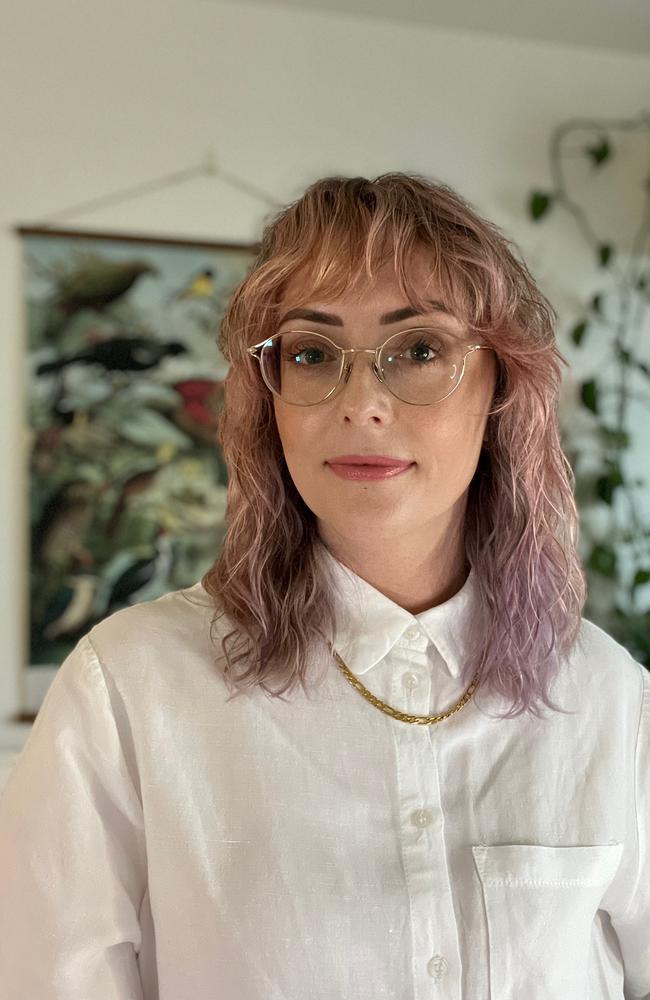
Ani has argued with medical professionals after having their diagnosis dismissed.
“I think when people say that it shows that they don’t understand autism,” Ani said.
“It also sounds like they’re congratulating you for not looking autistic. So it feels like a double whammy. It’s just yuck.”
Ani added there are many misconceptions about autism, such as autistic people don’t want or can’t have friends.
Another gripe Ani has is the misconception that autistic people don’t feel empathy – something that Ani said is an overwhelming feeling.
For instance, the 42-year-old will have to leave a room if there is tension or an argument happening as it’s just too overwhelming for them.
Being too overwhelmed leads to Ani becoming non-speaking.
Dr Joey Lawrence is a clinical psychologist who has an autism diagnosis.
Dr Lawrence was diagnosed with autism and PTSD after one of the pyschologist’s clients self harmed following being admitted to hospital – something she had desperately attempted to avoid happening.
She had to leave her work as a result, with the diagnosis unveiling the extent of Dr Lawrence’s “social differences”.
Dr Lawrence said there was nothing inherent about being a female-presenting person that made it harder to get an autism diagnosis – but people who identify as female or were AFAB have greater social pressures to behave in a way that is compatible with societal views.
But added that autistic people conceal their traits unconsciously, with late-diagnosed people suffering confusion when it comes to identity and mental health.
“We still experience stigma and discrimination on the basis of our autistic ways of being, even if no one knows we are autistic. But without being identified, we don’t know why we’re being left out, or why we’re confused – we just feel that way.
“Often we find other ways to cope.”
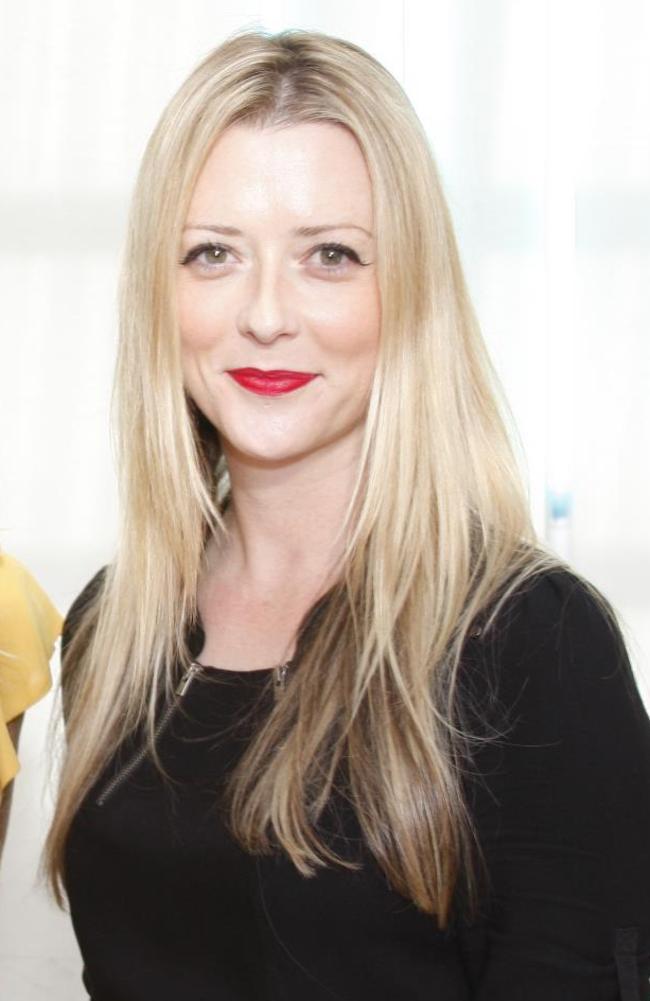
Dr Lawrence said being highly sensitive to things such as sounds and texture, eating issues, meltdowns and shutdowns, anxiety, obsessive behaviours or interests, communication and intellectual differences, hypermobility and differences in gender expression are all key signs someone may be autistic.
The clinical psychologist told news.com.au about what to do if you believe you or someone you know has autism: “Research broadly about different ways to understand autism. There are lots of ways to understand autism, and it is possible that the way you understand autism does not match your experience.”
Dr Lawrence added people should complete screeners, find a doctor with a good understanding of autism and get support through the process.
“Bring along information to the appointment,” Dr Lawrence said.
“You can look up the autism criteria online and write some notes on how your experience matches it.
“You can also provide other information you have come across from research or other lists.”
Both Ani and Adeline said that their experience as autistic people is their own, with each autistic person experiencing their own support needs.
Both said there is an underrepresentation of autism in media, pointing to Big Bang Theory and the Good Doctor as the most well known, but praising Chloe Hayden’s portrayal of Quinni on Heartbreak High – a role Adeline also auditioned for.
But, the pair share their stories and experiences in the bid to help other autistic people, and help neurotypical people understand more about autism.
Originally published as ‘I thought I was shy – now I know the truth’




